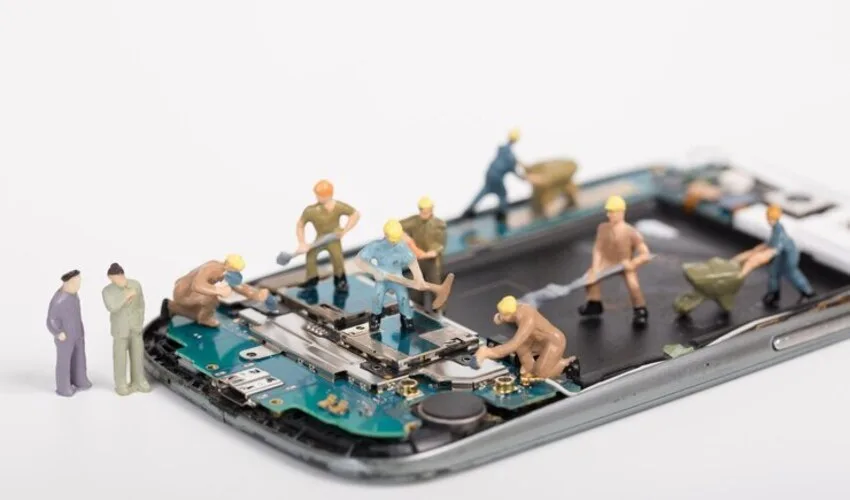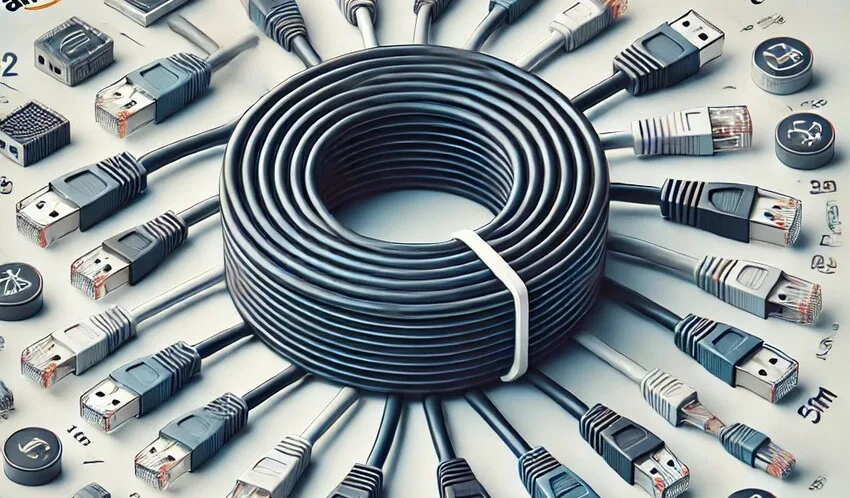In the realm of technological advancements, Virtual Reality (VR) and Augmented Reality (AR) have emerged as groundbreaking innovations that are transforming various aspects of our lives, especially in the domains of entertainment and education. These immersive technologies are opening up new frontiers, revolutionizing the way we experience both digital content and real-world environments. This essay delves into the captivating realm of VR and AR, exploring their applications, impacts, and the potential they hold for reshaping entertainment and education.
Understanding Virtual Reality and Augmented Reality
Virtual Reality, often referred to as VR, is a technology that immerses users in a computer-generated environment, simulating a realistic sensory experience. Augmented Reality, or AR, on the other hand, overlays digital content onto the user’s view of the physical world, enhancing their perception of reality.
Applications in Entertainment
Gaming
One of the most prominent applications of VR in entertainment is gaming. VR gaming offers an unprecedented level of immersion, enabling players to be physically involved in the virtual environment. The success of platforms like Oculus Rift and PlayStation VR showcases the potential of VR in redefining the gaming experience. Players can interact with characters and environments in ways previously unimaginable, resulting in more engaging and captivating gameplay.
Cinematic Experiences
VR has also begun to transform the way we consume cinematic content. With VR headsets, users can step into the movie itself, becoming active participants in the narrative. This has led to the creation of immersive VR films that allow viewers to explore scenes from different angles and perspectives, creating an entirely new form of storytelling.
Virtual Tourism
Another notable application of VR is virtual tourism. Through VR, individuals can explore distant lands and historical sites from the comfort of their homes. This has the potential to democratize travel experiences, making them accessible to those who might not have the means to embark on physical journeys.
Impacts on Entertainment
Enhanced Immersion
The primary impact of VR and AR on entertainment is the heightened level of immersion they offer. Whether it’s diving into a virtual gaming world or interacting with virtual characters, users are deeply engaged in the experience, blurring the line between the digital and physical realms.
Evolution of Storytelling
The introduction of VR and AR has forced content creators to explore new avenues of storytelling. Traditional linear narratives are being challenged as users have the freedom to navigate through the content and choose their own paths. This evolution in storytelling brings
about a sense of agency and personalization.
New Revenue Streams
The entertainment industry has also witnessed the emergence of new revenue streams through VR and AR. From selling virtual items in games to offering premium VR experiences, these technologies open doors for creative monetization strategies.
Applications in Education
Immersive Learning Environments
In the realm of education, VR and AR are revolutionizing the way students learn. Immersive learning environments enable students to engage with complex subjects in three-dimensional spaces. For instance, medical students can perform virtual surgeries, and history students can explore historical events firsthand.
Virtual Field Trips
VR and AR also have the potential to transform traditional field trips. Students can embark on virtual journeys to archaeological sites, art museums, and even outer space. This not only enhances learning but also addresses logistical challenges that physical field trips often face.
Skill Development
AR, in particular, is being used for skill development and training. From mechanics learning to repair complex machinery through AR simulations to employees undergoing workplace safety training, AR enhances practical learning experiences.
Impacts on Education
Enhanced Engagement
One of the most significant impacts of VR and AR in education is increased student engagement. The immersive nature of these technologies captures students’ attention and encourages active participation, leading to better retention of knowledge.
Access to Remote Learning
Students from different parts of the world can access the same immersive learning experiences, breaking down geographical barriers.
Empowerment of Special Needs Education
These technologies are proving to be invaluable in special needs education. VR and AR can create customized learning environments that cater to individual student’s needs, making education more inclusive.
Potential and Challenges
Limitations and Challenges
While VR and AR hold immense potential, they also face certain limitations. VR, for example, can cause motion sickness in some users, limiting prolonged use. Additionally, the cost of VR and AR equipment can be a barrier to widespread adoption, especially in educational settings.
Ethical Considerations
As with any technology, there are ethical considerations. Privacy concerns arise when using AR to overlay digital information in real-world environments. Additionally, the potential for addiction to immersive virtual experiences requires careful management.
Evolving Technology
As technology advances, we can expect these technologies to become more accessible, affordable, and capable of even more sophisticated applications.
In Conclusion
Virtual Reality and Augmented Reality are undeniably reshaping the landscape of both entertainment and education. From immersive gaming experiences to revolutionizing classroom learning, these technologies are creating new frontiers that hold the promise of enhanced engagement, deeper understanding, and innovative modes of interaction. While challenges and ethical considerations persist, the potential for these technologies to transform the way we experience and learn about the world is truly remarkable. As we continue to explore and harness the power of VR and AR, the boundaries of what’s possible in entertainment and education will undoubtedly expand.
Author Bio:
Robert Phillips is a seasoned content writer at SchoolDataLists, where he crafts compelling and informative content to engage and educate readers in the education sector. With a passion for both writing and education, Robert brings a unique blend of creativity and expertise to his work.
Drawing from his extensive background in education and content creation, Robert consistently delivers well-researched articles that provide valuable insights into the latest trends and developments in the field. His ability to simplify complex concepts and present them in an accessible manner has made him a trusted source of information for educators, administrators, and parents alike.














Leave a Reply